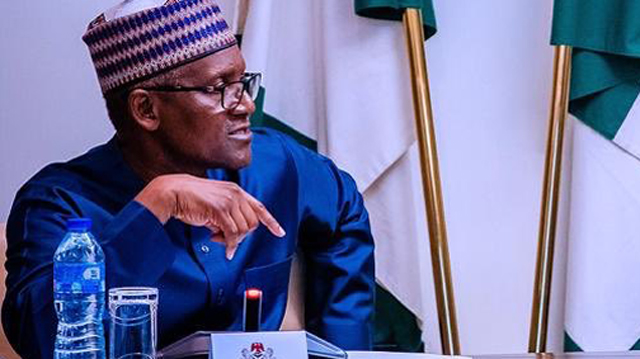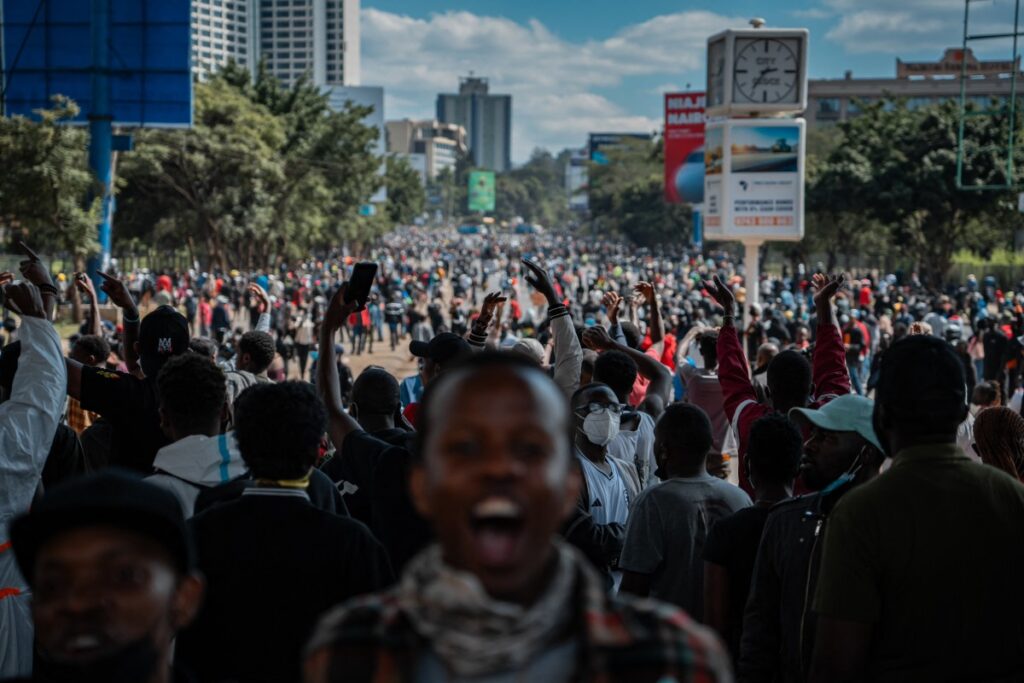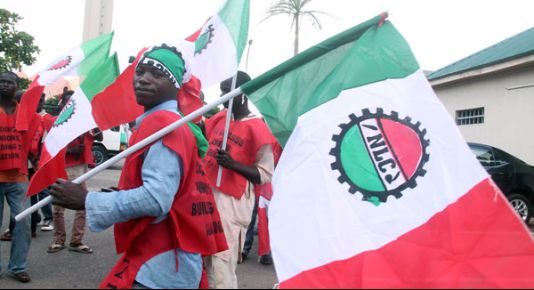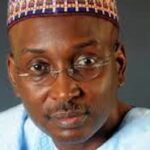
In the last installment, I completed the painting in bold relief, the canvas of the Lugardian architecture. In this installment, I address the question: are the ’inheritance elite’, in other words, the landlords of the ‘Lugardian Architecture’, willing to admit a new landlord into the house of Lugard? My question is framed in the context of the run-up to the 2023 general elections, especially the presidential election, scheduled for February 25, 2023, all things being equal. I attempt an answer in the power game and its dynamics within the ruling party, APC, and the opposition parties, especially the People’s Democratic Party (PDP) given a measure of ambiguity in navigating the dynamics.
A look at APC and the trends within the party shows a lukewarm disposition towards the candidacy of Bola Ahmed Tinubu on the part of the incumbent president. The players at Abuja had inspired a retinue of presidential hopefuls within its party. Not all took part in the ultimate race but only 13 candidates, namely, Badaru Abubakar, Godswill Obot Akpabio, Chibuike Rotimi Amaechi, Ibikunle Amosun, Yahaya Bello, John Kayode Fayemi, Tein Jack Rich, Ahmed Lawan, Chukwuemeka Uwaezuoke Nwajiuba, Christopher Onu, Yemi Osinbajo, Asiwaju Ahmed Bola Tinubu, and Nweze David Umahi.
These candidates, in the main, were from the South, cloaking hints of reluctance on the part of the present landlords to relinquish power. However, it was not unlikely that some of the candidates might have been inspired by their ambition, or by the chief contestant, Senator Bola Ahmed Tinubu, for an intended bandwagon effect that later played out at Eagle Square while the smattering of northern candidates constituted a booby trap of sorts.
However, it is to be noted that there was palpable Tinubuphobia extant in the presidency and revealed more by the Vice President’s last-minute exhortation to his partisans not to vote “for those they hate”. It was further reinforced by the public optics of President Buhari and Abdullahi Adamu, the party chairman, at Eagle Square that followed a pattern of indifference about Tinubu’s candidacy. This was the climax of a long-term plot against Tinubu in the succession scheme that resulted in a public outburst by his spouse to the effect that her husband had been used and dumped (for details see ‘Tinubu Ro’nu’, The Cable, March 13, 2018).
I take cognisance of the fact that before the party primaries, the presidency had sought to railroad Senator Ahmad Lawan into the race as the ‘anointed’ candidate. Although the president had looped the party chairman on this scheme, it resulted in a backlash. Governor Yahaya Bello of Kogi State, an aspirant, had stormed out of the Aso Rock meeting with the president in protest while a substantial cluster of governors from the North gave an open endorsement of power-shift to the South. I surmise this act was borne of brinkmanship and an impulsive desire to stabilise the ruling party and the polity. To be sure, Tinubu’s Abeokuta declaration, the famous òlúlè (failure/fall) speech on how he helped the incumbent president to power presaged a fight by the Tinubu’s caucus of the party. In retrospect, the action of the northerner governors could help foster what Odia Ofeimun calls a ‘common code of morality’ that approximates the scriptural exhortation, “Therefore all things whatsoever ye would that men should do to you: do ye even so to them: for this is the law and the prophets”.
The PDP engrossed in its constitution, the rotational principle of power-sharing between the South and the North. It stands out on this score among other political parties in the country. Chapter One, Section 7(3)(c) of the PDP Constitution states “adhering to the policy of the rotation and zoning of Party and Public elective offices in pursuance of the principle of equity, justice and fairness…” In the run-up to the primaries, this provision of the constitution was ignored, not through amendment, but an acclamation that leadership contests should be open. A narrow interpretation of the constitution is non-co-extensive with the nation to the extent that it was not PDP that is in power but APC held sway. This nifty compromise opened up the race for northern candidates such as Governor Aminu Tambuwal of Sokoto State, Abubakar Atiku, a former Vice President of Nigeria; and a host of other candidates from South including Nyesome Wike, and Peter Obi (now Labour party presidential candidate) – to run for the presidency. After much horse-trading in the primaries, the contest became twosome: Atiku Abubakar and Nyesome Wike.
An abiding confidence is that a northern party flag bearer would be able to harvest the northwest votes seen as central to electoral victory at the presidential level, and the party, more than the APC, was the easiest way for the standpatters to retain power in the North. Therefore, the ‘power elite’ comprising retired generals, politicians, and emirs, employed the PDP window to ensure the emergence of Atiku Abubakar as the party’s presidential candidate.
The famous Wike’s ‘betrayal’ becomes comprehensible in this respect. It consequently seeded a rupture within the party and the birth of the G5 alliance. In the PDP, a second front of the ‘inheritance elite to hold on to power’ was consummated, affirming the theory of reluctance to allow power to shift based on the rotational principle. The primaries had been settled, as it were, and the battle has moved into the arena of electoral politics that is putatively governed by the rule of the thumb. And that is my next pre-occupation.
Akhaine, Ph.D. (London), former general secretary of the Campaign for Democracy in Nigeria, is a Professor of Political Science and visiting member of The Guardian Editorial Board.












